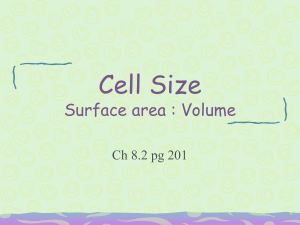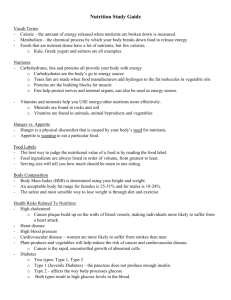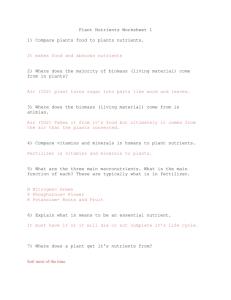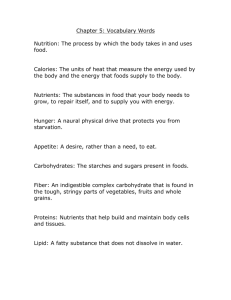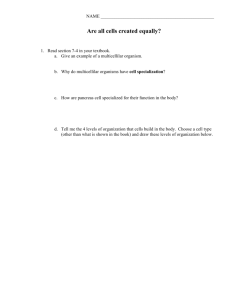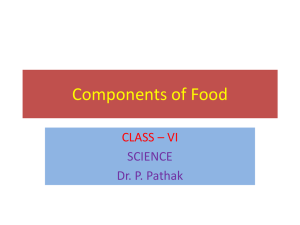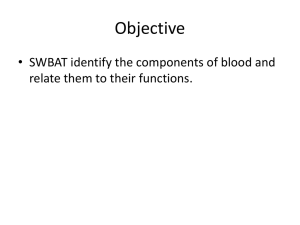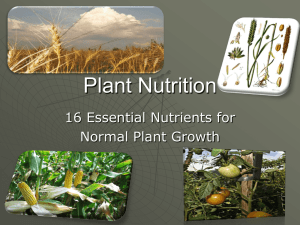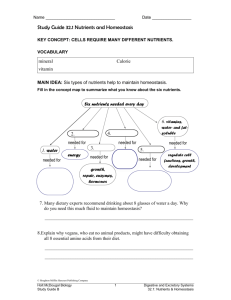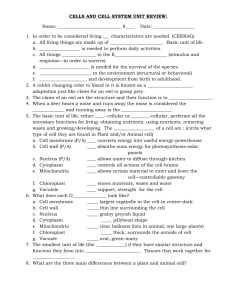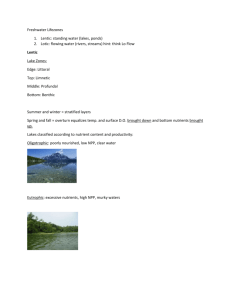Age , Gender and Occupation its effects on nutrition
advertisement
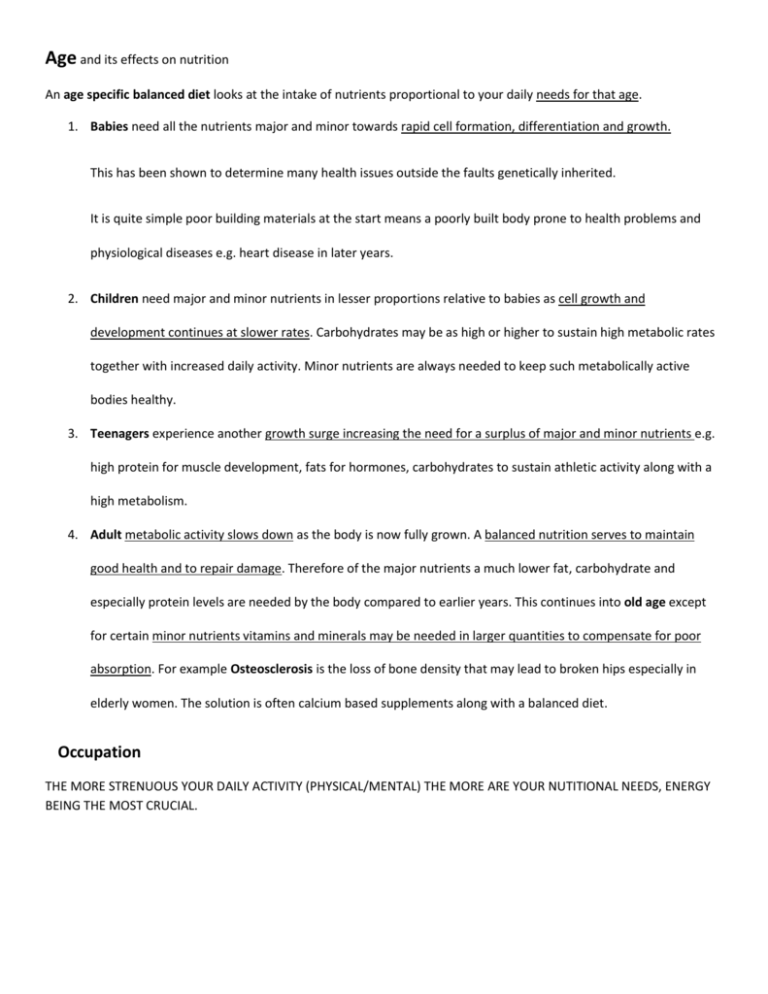
Age and its effects on nutrition An age specific balanced diet looks at the intake of nutrients proportional to your daily needs for that age. 1. Babies need all the nutrients major and minor towards rapid cell formation, differentiation and growth. This has been shown to determine many health issues outside the faults genetically inherited. It is quite simple poor building materials at the start means a poorly built body prone to health problems and physiological diseases e.g. heart disease in later years. 2. Children need major and minor nutrients in lesser proportions relative to babies as cell growth and development continues at slower rates. Carbohydrates may be as high or higher to sustain high metabolic rates together with increased daily activity. Minor nutrients are always needed to keep such metabolically active bodies healthy. 3. Teenagers experience another growth surge increasing the need for a surplus of major and minor nutrients e.g. high protein for muscle development, fats for hormones, carbohydrates to sustain athletic activity along with a high metabolism. 4. Adult metabolic activity slows down as the body is now fully grown. A balanced nutrition serves to maintain good health and to repair damage. Therefore of the major nutrients a much lower fat, carbohydrate and especially protein levels are needed by the body compared to earlier years. This continues into old age except for certain minor nutrients vitamins and minerals may be needed in larger quantities to compensate for poor absorption. For example Osteosclerosis is the loss of bone density that may lead to broken hips especially in elderly women. The solution is often calcium based supplements along with a balanced diet. Occupation THE MORE STRENUOUS YOUR DAILY ACTIVITY (PHYSICAL/MENTAL) THE MORE ARE YOUR NUTITIONAL NEEDS, ENERGY BEING THE MOST CRUCIAL. Sex/gender Women need comparatively less energy than a man of the same size. Men must sustain comparatively higher metabolism and muscle mass the only exception to this is a woman during gestation and when breast feeding. A woman during gestation/pregnancy may need up to 10 000kj of energy per day A woman breast feeding may need more than 11 000kj of energy per day
